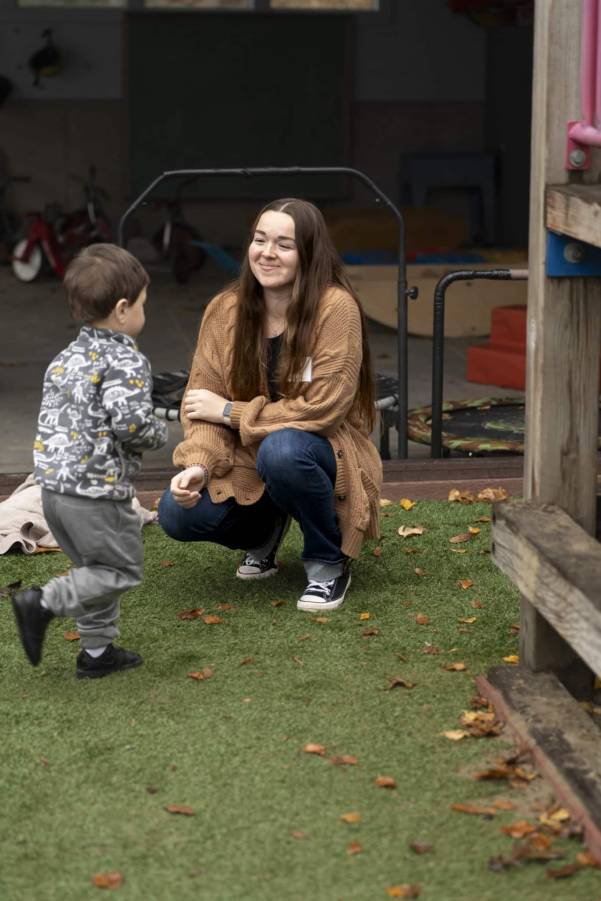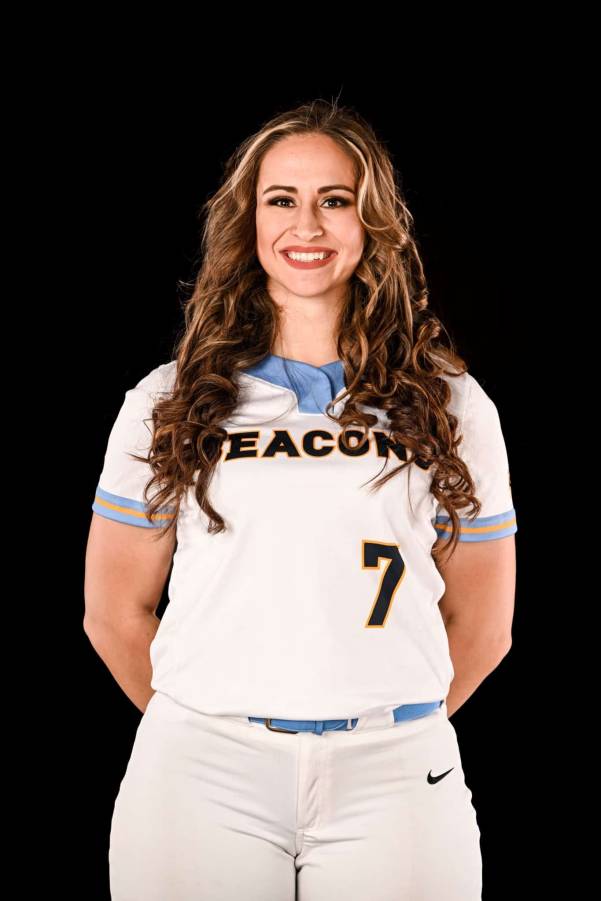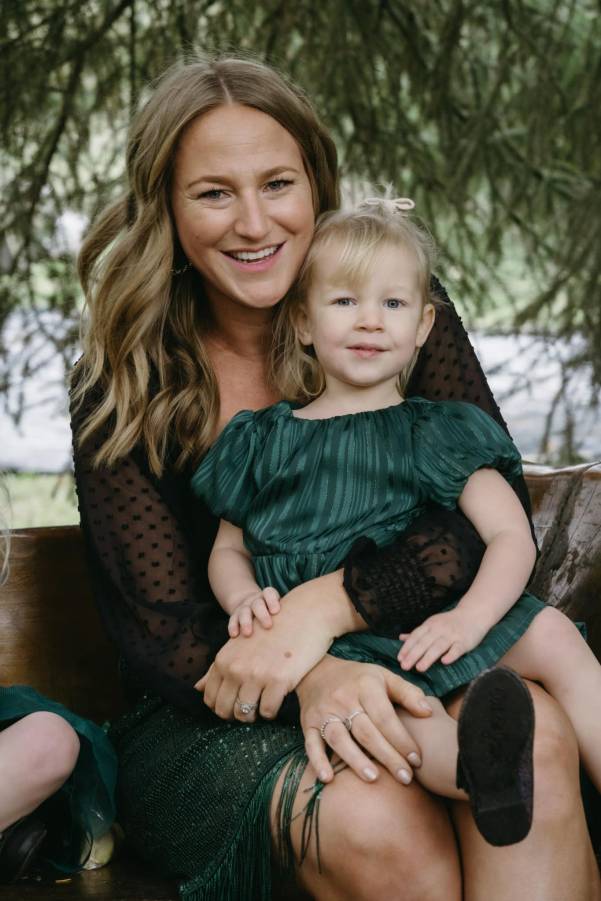Request Info
Apply Today
Request Info
Apply Today
Education Designed
For Your Life
Undergraduate
Majors
Online & Evening
Programs
Graduate
Programs
Discover Your Calling
 Visit Campus
Visit Campus
 Explore Bushnell
Explore Bushnell
 Upcoming Events
Upcoming Events
Discover Your Calling
 Visit Campus
Visit Campus
 Explore Bushnell
Explore Bushnell
 Upcoming Events
Upcoming Events
Beacon Points of Pride
100%
Field ExperienceEvery traditional undergraduate student graduates with at least 135 hours of field experience.
12:1
RatioBushnell boasts a 12:1 student-to-faculty ratio to provide an enriched learning environment.
99%
Affordability99% of traditional undergraduate students receive some form of financial aid.
78%
On-Campus78% of Bushnell University’s first-year students live on campus as undergraduates.
28%
1st Generation28% of the incoming class (including transfers) are first-generation college students.
8
Consecutive YearsBushnell Athletics has won the Cascade Collegiate Conference President’s Cup for Academic Excellence 8 times.
5000+
Volunteer Hours5000+ hours of community service given by Bushnell students, faculty and staff annually.
85%
Beyond Class85% of students’ time happens outside of the classroom. Enjoy our campus experience.
Beacon Points of Pride
100%
Field Experience
All traditional undergrad students graduate with at least 135 hours of field experience.
99%
Affordable
99% of traditional undergraduate students receive some form of financial aid.

After 128 years of wisdom, faith and service, we find ourselves positioned for a season of campus development and program expansion. To flourish, we must expand, to thrive, we must build. To serve, we must…Venture Forward.
A six-pronged campaign to raise $18,000,000 in three years. Three significant building projects to increase capacity and three significant program developments to expand and deepen our influence.
How You Can Help
While the campaign is already fueled by a number of large gifts, we need the participation of our whole community to see the vision fully realized.

After 127 years of wisdom, faith and service, we find ourselves positioned for a season of campus development and program expansion. To flourish, we must expand, to thrive, we must build. To serve, we must…Venture Forward.
A six-pronged campaign to raise $18,000,000 in three years. Three significant building projects to increase capacity and three significant program developments to expand and deepen our influence.
How You Can Help
While the campaign is already fueled by a number of large gifts, we need the participation of our whole community to see the vision fully realized.























































